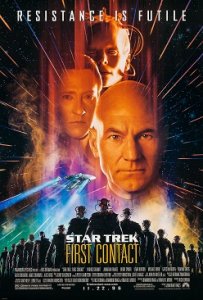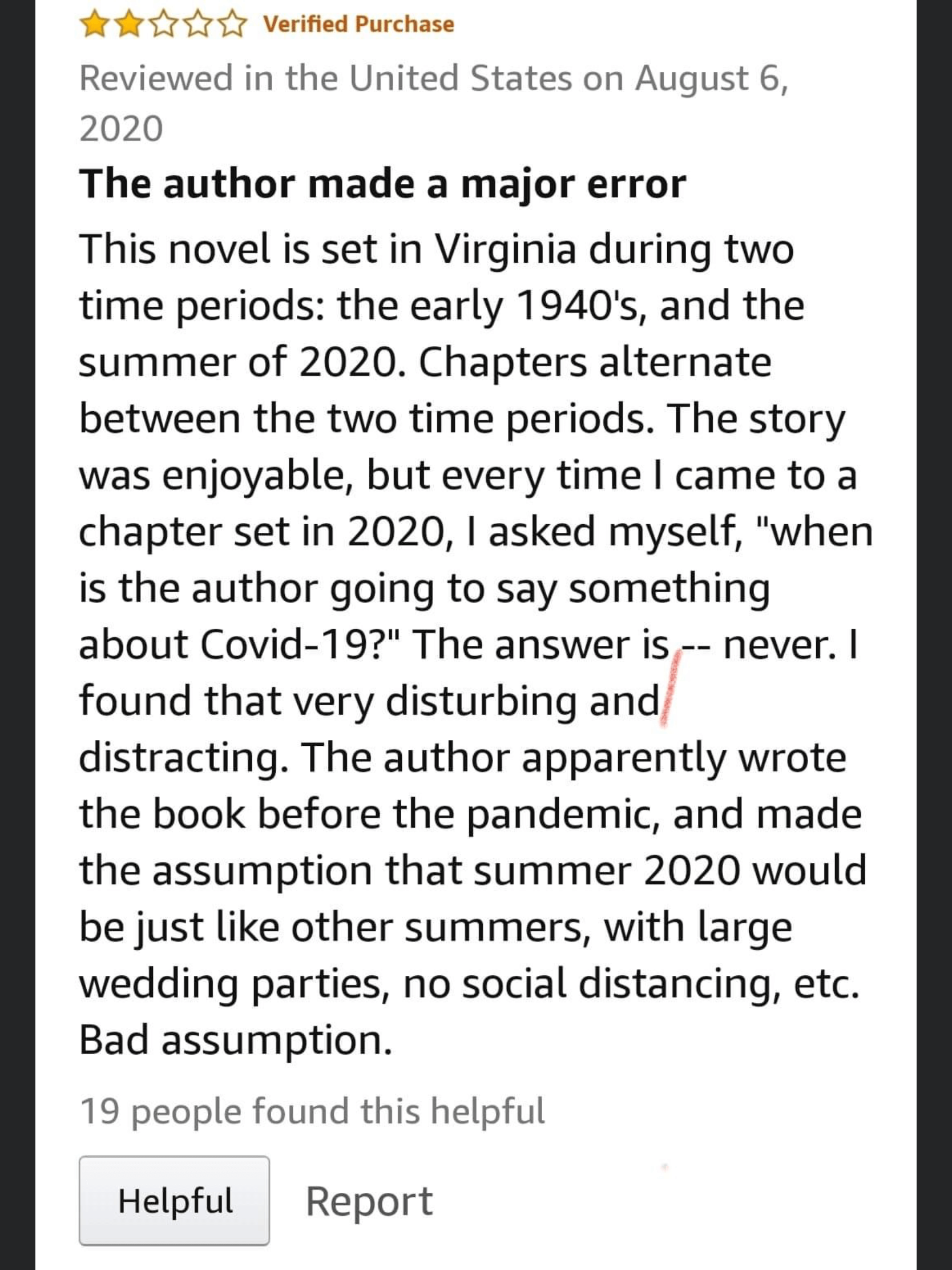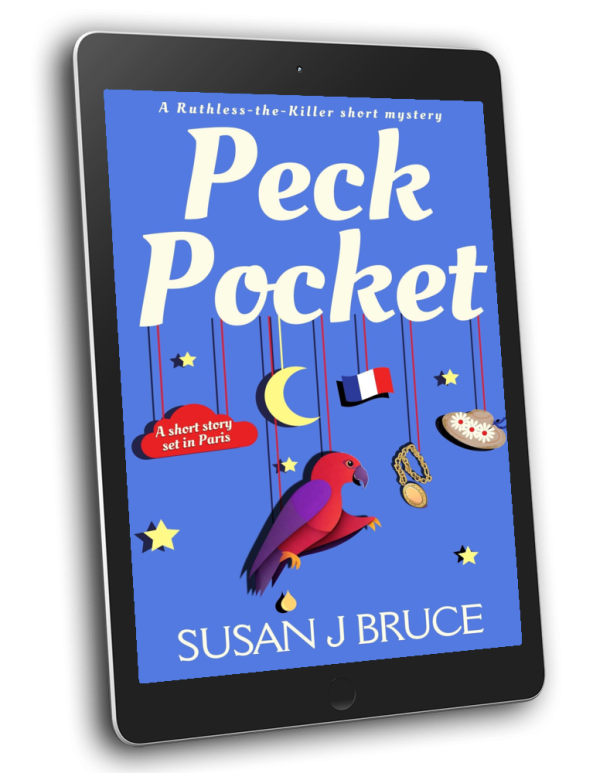
Resistance is Futile!
An earlier form of this article was published on the Christian Writers’ Downunder Blogspot on 8 November 2021.
When I was about fourteen, I discovered Star Trek. I loved it. We only had the original series back then—on rerun, by the way. I’m not that old. I remember going with friends to mini conventions which basically involved dressing up (you didn’t call it cosplay back then) and binge-watching series episodes on the big screen. I was in true geek heaven. When other kids had posters of KISS, ABBA, or The Bay City Rollers (yes, really) on their wall, I had pictures of Kirk, Spock and the starship Enterprise.
Yep. Geek. How amazing is it that William Shatner recently travelled to space at 90-years-old?
There have been several iterations of the Star Trek universe since then and while I’ll always love Shatner, Nimoy and DeForest Kelley, in the original series, my favourite Star Trek series is The Next Generation (TNG). Set a hundred years after the original series, Sir Patrick Stewart, as Jean-Luc Picard, gives a new dignity, and eloquence, to the role of Starfleet Captain.
The Borg: Resistance is Futile
The TNG crew also featured in my all-time favourite Trek movie, Star Trek: First Contact. This movie was a lot of fun and it showcased one of the most sinister villains of the Star Trek Universe, The Borg. The Borg are black-leather-clad cyborgs. Their starship is a huge cube with weaponry that can overpower almost all other ships. They operate as a hive mind—The Collective—and are controlled by the Borg Queen. Their goal is perfection, and they operate by assimilating other races into their own by injecting nano-bots into their victims.
They are a powerful enemy of all civilisations and their demoralising warning to all is: Resistance is futile. The Borg are too strong. Give up now.
 By IMPAwards, Fair use. Coutresy of Wikipedia.
By IMPAwards, Fair use. Coutresy of Wikipedia.
I won’t spoil First Contact for you (if you haven’t seen it, where have you been?) but those words, resistance is futile, are used to great effect in the climax of the film.
By now you’re probably wondering what this has to do with writing.
Well, this week I’ve had the Borg catch-cry in my head as I’ve pondered a different, but very futile kind of resistance: resistance to writing.
Resistance (to writing) is futile!
Resistance to writing is the psychological force that pushes back against us when we try to create.
I suffer from this resistance a lot—even though I love writing. Do you? I know I’m not alone.
To create a world and immerse yourself in the lives of your characters is a thing of joy. You get to know these make-believe people, torture them in some diabolically cathartic way, then cheer them on as they overcome the obstacles you throw before them. What’s not to like? Writing can be so much fun, so why do we resist sitting down and filling empty pages with our words.
Resistance is weird. Why will we do almost anything other than write our first draft of a fiction novel? I’ll work on my website, write a blog post, take the dog for a walk. Anything. I have a friend who says her cupboards are never cleaner than when she’s drafting a novel.
I’m convinced resistance is different from writer’s block. While these two problems can be related, in my experience writer’s block is usually caused by a problem within our stories. If our plot isn’t working or if the goals, motivations and conflicts of our characters aren’t sound, we can easily stop writing and feel blocked. Resistance, on the other hand, is often experienced even before we sit down to type.
The resistance I’m talking about is also different from the inability to write that comes from serious life situations. I couldn’t write for six months after my brother died. That wasn’t resistance, it was grief.
But resistance is a very real problem. If we can’t overcome resistance in our writing, our efforts to create are futile.
Resistance in Physics
In the realm of physics, resistance reduces the ability of a wire to conduct electricity. The larger the resistance, the less electricity passes. In the same way, resistance to writing holds back the creative flow.
Inertia is another physics term that says a mass will stay still or keep moving in a uniform way unless it’s acted upon by an opposing force. If you have a large SUV broken down in front of your driveway, it will stay there unless you are strong enough to push it out of the way. The good news is that once you get the SUV moving, inertia helps to keep it moving. The harder you push, the more the vehicle gathers momentum. But if you stop pushing, it will stop moving because of gravity and friction. Now if you are trying to push it uphill and you stop pushing…
Image by Schäferle from Pixabay
Overcoming resistance to writing
Writing resistance is like that inertia. If we can overcome it, we gain momentum that keeps us moving forward, but if we don’t maintain our force and intention, our stories grind to a halt.
Resistance to writing can lead to futility. It can stop us in our tracks, take us captive and rob us of the satisfaction of creating a body of work we are proud of. It can cripple our self-esteem, assimilate us into the mundane and crucify our joy.
But fighting resistance to writing is not futile. Resistance can be beaten even if you have a bad case of this malady—like I have.
Here are some things to try if resistance is a problem for you.
- Start. It sounds simple but the best way to overcome resistance is to begin. Determine that you will write some part of your novel, however miniscule, each day.
- Make your goal doable. If resistance is a strong force in your writing life, then start with a tiny goal. Forget NaNoWriMo with its 50K words in a month. Begin with 300 words a day. Or say you will spend half an hour a day writing new story.
- Give yourself permission for those 300 words to be the worst writing ever. Because words, even badly composed words, can be edited and built upon.
- Experiment. Try a different approach. I recently discovered the dictation function in the Office 365 version of Word. I’m woeful at dictation, but when I use it to get a distracted rabble of words down onto the page, I don’t have a blank page anymore. And the fear goes away.
- Use a pen name. Sarah Painter in her book, Stop Worrying, Start Writing, suggests if fear of failure is holding you back, tell yourself you are going to publish your book under a secret pen name, and no one need ever know. It doesn’t matter if you use the pen name or your real name at the time of publication. What matters is that you trick your brain into thinking no one will ever know these words are yours.
- Believe in God? Then pray. After all, one of his titles is Creator!
When we start, even with tiny goals, and give ourselves permission to write badly, a strange thing happens. We overcome the forces of inertia and begin to move forward. Momentum builds and our 300 words become 500 or 1000 words, until the story takes a life of its own.
I began this post by talking about Star Trek and the Borg. In this case, the Borg were the opposing force speaking words designed to demoralise their victims. Resistance is futile. But resisting the Borg (sorry, spoiler after all ?) wasn’t futile.
Nor is resisting resistance. With writing, the power of resistance is itself futile. It can be beaten.
And no alien cyborg is going to stop us!
Have you wrestled with resistance? What tactics do you use to beat it? Let me know in the comments below.






